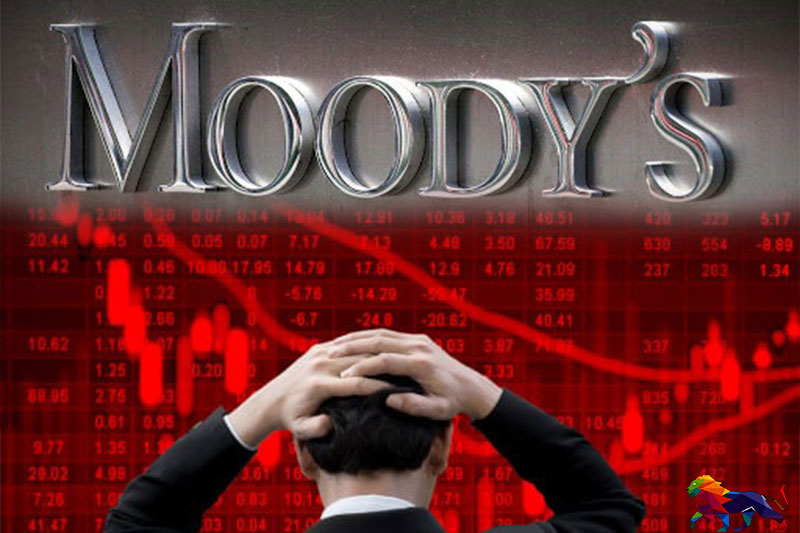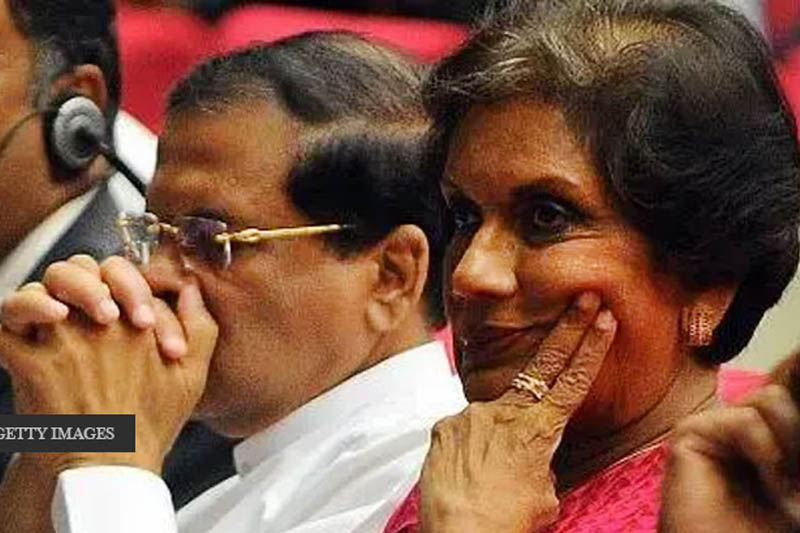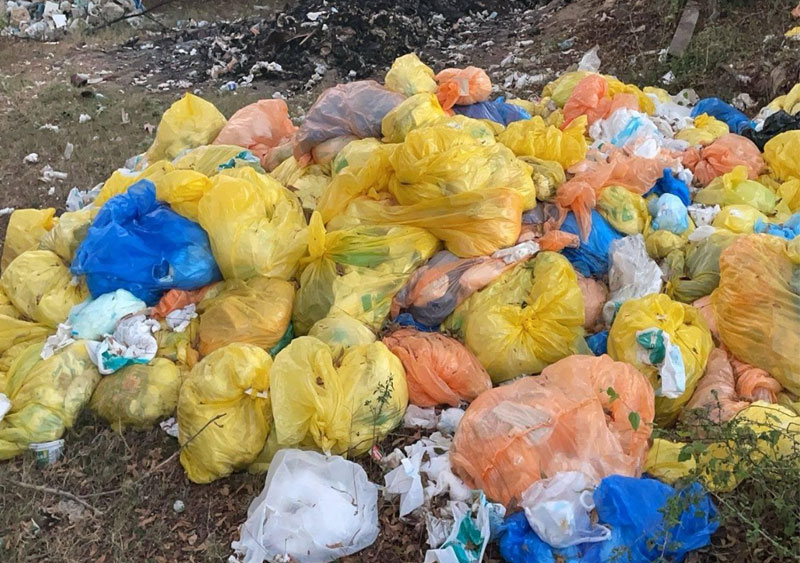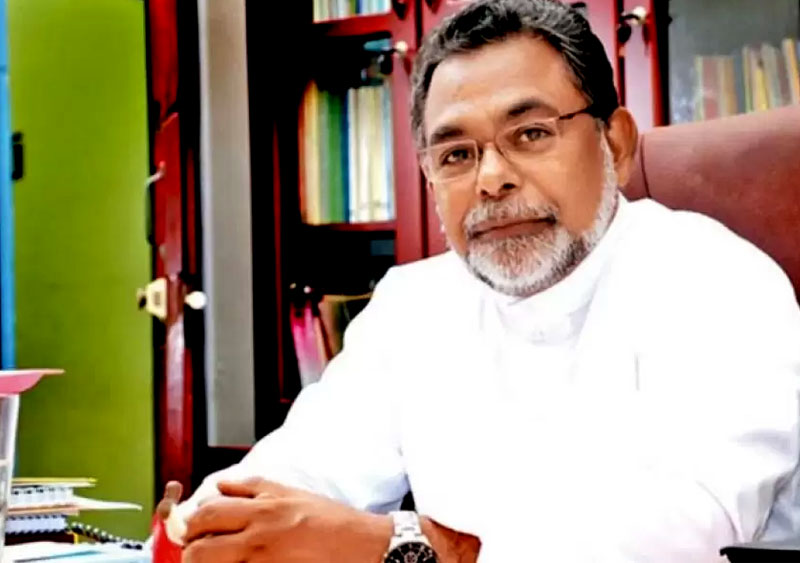"Heightened liquidity and external risks stem from Sri Lanka's limited secured funding sources to meet its material external debt service payments over the coming years, during which period market refinancing will remain vulnerable to shifts in investor sentiment," the ratings agency said.
Ratings rationale
Sri Lanka continues to face very tight external financing conditions and a significant decline in revenue from a sharp and prolonged economic slowdown. This shock occurs at a time when Sri Lanka's credit profile is highly vulnerable given low reserve coverage of large forthcoming external debt payments, and very weak debt affordability.
Moody's expects government liquidity and external risks to intensify, as the government's external debt service payments amount to approximately $4 billion between 2020 and 2025[1], and wide budget deficits in the next few years are likely to require at least partial external financing.
"This may also contribute to a more protracted economic recovery, should import controls be extended as a means to preserve exchange rate stability," Moody's said.
Nevertheless, delays in securing additional funding from multilateral and bilateral creditors, in addition to the IMF's Rapid Financing Facility, mean that the financing sources for upcoming repayments in the next few years are not secured and risk coming at high costs.
Overall, high and higher debt servicing costs, lower revenue and increased fiscal spending will widen the budget deficit, to 8% - 9% of GDP in 2020-21 according to Moody's projections. Combined with slower nominal GDP growth and a weaker exchange rate, the government's debt burden will rise to around 100% of GDP, above the Caa-rated median of 86% of GDP.
Governance considerations affect ratings!
Moody's also observed certain governance considerations which are considered as an important driver of their decision to downgrade the rating.
Moody's assessment of Sri Lanka's institutions and governance strength primarily relate to the slow pace of reform implementation, as well as political risks, which impair the effectiveness of fiscal and economic policymaking.
Moreover, Sri Lanka's fragile and deteriorating fiscal position will continue to impede fiscal policy effectiveness over the medium term.
Moody's would likely downgrade Sri Lanka's rating should external and domestic financing conditions deteriorate to a greater extent than Moody's baseline assumptions, contributing to higher repayment stresses more consistent with a lower rating.
They said that the downgrade failed to do justice to the ground reality of the ongoing rapid economic recovery backed by vastly improved business confidence arising from the return of political and policy instability after a lapse of five years.
"We observe, with disappointment, today’s rating downgrade by Moody’s Investors Service and the recent release of an erroneous analysis by an international investment bank expressing concerns about Sri Lanka’s economic and financial strength and external debt service capacity," the Finance Ministry announced.
“Foreign investors are invited not to be dissuaded by the recent unwarranted rating downgrade and the erroneous analysis published recklessly, but to be guided by improving economic conditions,” the Ministry said.




















